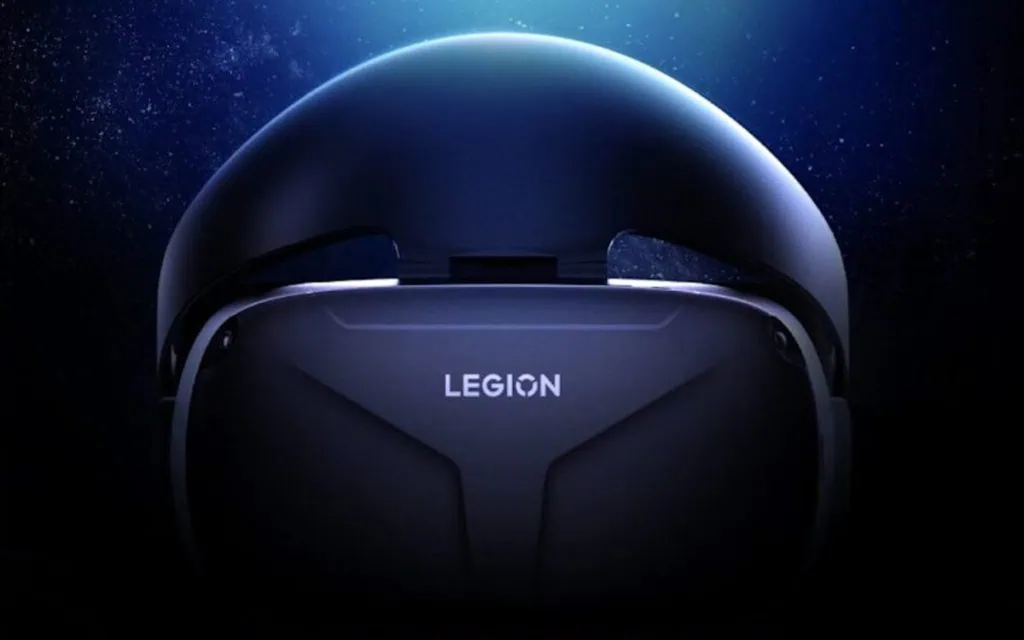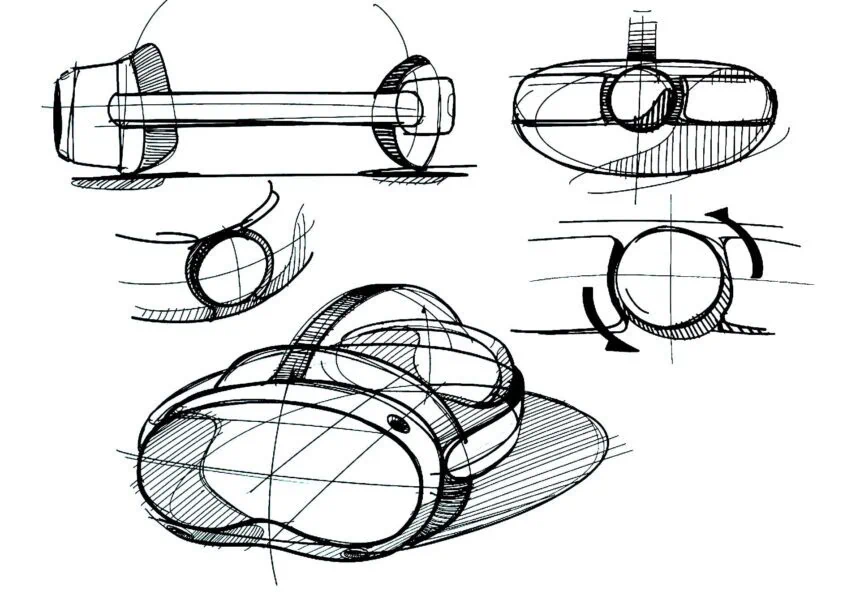VR-Training für Operation an siamesischen Zwillingen
A team of doctors from Brazil and Great Britain successfully separated two conjoined twins in Rio de Janeiro. The 27-hour operation was preceded by months of training in virtual reality.
The team of nearly 100 professionals from Rio de Janeiro and London rehearsed the extraordinary procedure on detailed VR projections of the twins. The VR model was based on CT and MRI scans and allowed for a six-month planning phase in which the medical team practiced the procedure with each other in real time.
According to the surgeon who performed the surgery, Dr. Jeelani Noor ul Owase, the ability to train complex and life-threatening procedures in VR is a clear improvement: It’s just wonderful. It’s really great to see the anatomy and do the surgery before you actually put the children at any risk.“
More about the surgery and VR training: Conjoined twins separated with the help of virtual reality
Lenovo zeigt neue VR-Hardware

With the VR700, the Chinese tech company Lenovo announces a new VR goggle and ventures back into the XR market. Lenovo already had various VR devices in its portfolio between 2017 and 2019, but had not achieved any significant success.
Apart from a front view of Lenovo’s VR700, no details about the hardware, price and sales launch are known yet. But, there is increasing momentum coming into the VR hardware market.
The announcement comes at an exciting time: In addition to the increasing rumors about the official announcement of Apple’s AR glasses in the spring of 2023, the start of sales of Meta’s new VR glasses “Quest Pro” is already imminent this fall.
However, we can expect that the VR700 will address a different target group than Meta and Apple. Lenovo’s VR glasses are to be released in the Legion gaming product line and are likely to primarily target home users. Meanwhile, the Quest Pro and Apple’s AR headset will be particularly attractive for business applications.
More about Lenovo’s new VR glasses: Lenovo Legion VR700 VR Headset Is On The Road
Pico Neo 4 (Pro): Leaks zum globalen Marktstart und technische Details

Größere Konkurrenz erhält Meta jedoch zunächst vom chinesischen VR-Hardwarehersteller Pico. Das Tochterunternehmen von ByteDance (TikTok) soll noch im September zwei neue VR-Brillen auf den internationalen Markt bringen.
Einem Lieferkettenanalysten zufolge sollen die VR-Brillen Pico 4 und Pico 4 Pro mit flachen Pancake-Linsen ausgestattet sein. Das ermöglicht einen schmaleren Formfaktor und ein geringeres Gewicht. Die Pro-Variante soll zudem Eye-Tracking unterstützen.
Die neuen Technologien sind in der Herstellung teurer als der Vorgänger Pico Neo 3 und werden laut Analysten von ByteDance „aggressiv subventioniert“. Es ist zu erwarten, dass die TikTok-Mutter in Metas Preissegment vordringen und der Quest 2 und Quest Pro Konkurrenz machen möchte.
Das wird nicht zuletzt anhand geleakter technischer Details der Pico 4 deutlich:
- Pico 4 soll mit 5300 mAh 45 Prozent mehr Akkukapazität als die Quest 2 haben.
- Auch das Display bietet im Vergleich rund 33 Prozent mehr Pixel (2160x2160) pro Auge.
- Die eingebauten Kameras erlauben im Gegensatz zur Quest 2 RGB-Passthrough.
Mehr über den geplanten Marktstart und die technischen Details: Pico Neo 4 (Pro): Spezifikationen und mögliches Design geleaked





